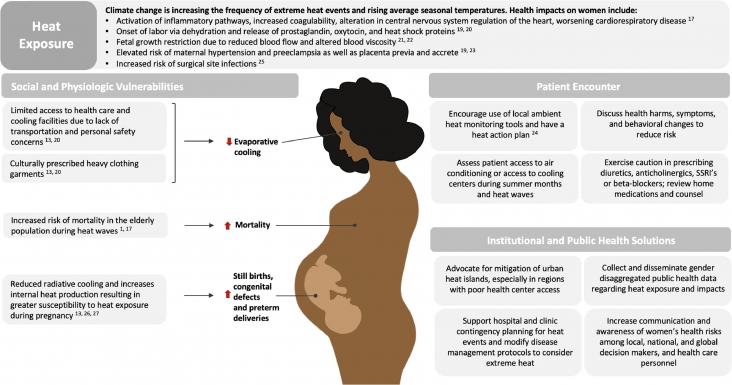An Article in support of SDGs 3 and 13, assessing psychological responses among young people to the COVID-19 pandemic and climate change, particularly focusing on mental health conditions and feelings of agency.
An Article in support of SDGs 3 and 13, assessing the effect of temperature on the incidence of hate speech online, particularly in the context of climate change, mental health, and human behaviour.
This Article supports SDG 11 by investigating the impact of environmental sustainability in a developing nation (South Africa) through information and communication.

Big Earth Data infrastructure must further condense and abstract common workloads and application models with consideration for the features of Big Earth Data and the typical needs of SDG-related applications.Systems should be designed and built based on benchmarks, with integration and scheduling of services and resources as a central focus (e.g., high-performance, high-throughput, intelligent computing and cloud services). Focusing on transparent data access and efficient data circulation will help integrate software and hardware for increased performance, capacity, and flexibility.
Through this review, we highlight how harbours can be used as “in situ laboratories” given the variety of anthropogenic stressors (such as plastic, chemical, sound, light pollution, and invasive species) that can be simultaneously investigated in harbours over long periods of time.
With climate models predicting a decrease in soil moisture conditions in many regions in the future, it is crucial for soil ecology to comprehend how springtails respond to soil condition changes. A study by Wang et al., 2022 investigating the effects of soil moisture on the euedaphic springtail, Folsomia candida, found that reproduction was the most sensitive to soil water potential, suggesting that population recruitment is limited to periods of high soil moisture, while body growth and activities may continue in moderately dry soil, contributing to species resilience during drought.

Climate change threatens to widen existing gender-related health disparities as well as socioeconomic disparities among women.
Research on the impacts of climate change on mental health and mental health-related systems will assist decision-makers to develop robust evidence-based mitigation and adaptation policies and plans with the potential for broad benefits to society and the environment.
Article showing the relation between Good Health (SDG 3) and Climate Change (SDG 13).
The anticipated effects of climate change on microbial food safety are both direct (e.g., on microbial prevalence) and indirect (e.g., increased risk of floods on water microbial contamination). This paper highlights the necessity to build a quantitative framework to evaluate the effects of climate change on microbial food safety.
